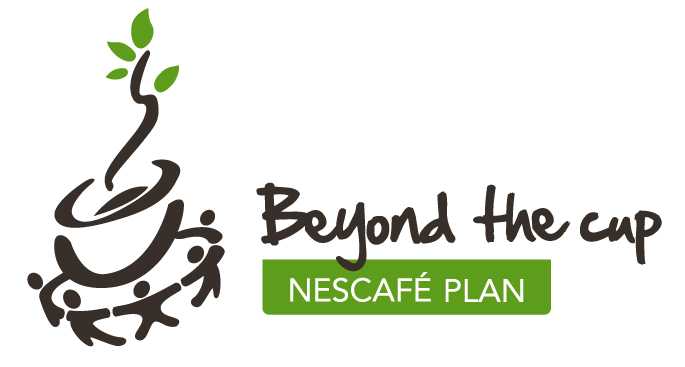Share your coffee stories with us by writing to info@comunicaffe.com.
VEVEY, Switzerland – Nestlé is encouraging more female coffee growers in Kenya to take up leadership roles in farming cooperatives as part of its commitment to scaling up its business-related activities to promote gender equality and education for women and girls.
The company has launched a programme to train more than 1,000 women in better agricultural practices at the same time as developing their confidence and business skills.
Nestlé is working with nine coffee cooperatives with the aim of seeing women hold at least one third of all leadership positions within them by 2015.
“Women do more than two thirds of the work involved in coffee farming in Kenya,” said Svetlana Obruchkova, Managing Director of Nestlé Kenya. “However, fewer than 5% of leadership roles in coffee cooperatives in the country are currently held by women.
“We are encouraging them to move into leadership roles, so they can be adequately represented in decision making,” she continued.
“Through the programme, we have identified a selection of women from each co-op and trained them to become ‘promoter farmers’, to take the knowledge and skills they’ve acquired back to their communities to educate their peers.”
Sustainable coffee
Nestlé is running the training programme in Kenya in collaboration with agricultural business services provider Coffee Management Services, as part of its Nescafé Plan activities in the country.
The Nescafé Plan – Nestlé’s global initiative to create shared value within the coffee supply chain – includes measures such as increasing direct procurement from farmers, offering them free technical assistance and training in agricultural best practices, and providing high-yield coffee seedlings at subsidised rates.
The sustainably-farmed coffee sourced from the company’s Nescafé Plan activities in Kenya is used to supply its Nescafé Dolce Gusto business.
Empowering women
Nestlé’s training programme for female coffee farmers in Kenya is just one of a number of initiatives the company is involved in to help improve the lives of women in its supply chain.
In Pakistan and India for example, the company supports female dairy farmers by employing veterinarians and agronomists to provide them with advice on various issues, irrespective of whether or not they are Nestlé suppliers.
This year, Nestlé signed up to the signed up to the Women’s Empowerment Principles, a partnership initiative of UN Women and the UN Global Compact that comprises seven steps business can take to advance gender equality and empower women.
The company also recently published an action plan (pdf, 412Kb) that sets out in more detail what it will do in the short and medium term to strengthen its efforts to promote and support the lives of women in its cocoa supply chain.
Source: Nestlé















